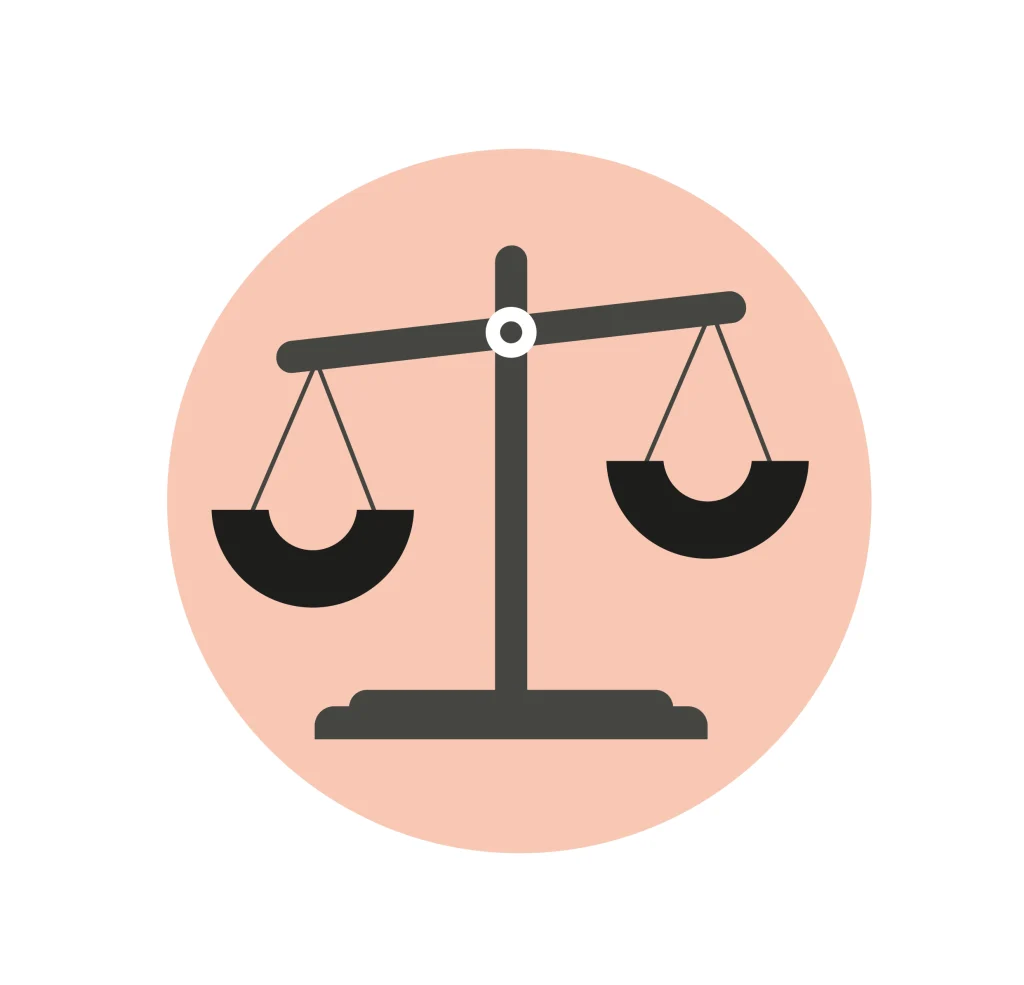Internal (including workplace) investigations continue to be on the rise, owing to a greater focus on conduct, culture and governance, an increase in whistleblowing, and heightened interest from regulators. It is an easy – but dangerous – mistake for organisations to assume that all documents prepared by lawyers (whether in-house or external) during an investigation are protected by legal professional privilege. If litigation is on foot, or in reasonable contemplation, then any materials generated in the course of the investigation that were created for the dominant purpose of conducting the litigation (or contemplated litigation) will be protected by litigation privilege. What follows below assumes that litigation privilege does not apply, meaning that the practical challenges relating to the application of legal advice privilege (“LAP“) must therefore be navigated.
The restrictive definition of “client” in the context of LAP in the 2003 Court of Appeal decision in Three Rivers (No.5) has long been controversial.[1] Despite two decades of criticism and a refusal in other common law jurisdictions to follow suit,[2] Three Rivers (No.5) continues to hamper the applicability of LAP, including to investigations. Further complexities arise where the lawyers’ work involves fact finding, as opposed (or in addition) to advising on legal rights or obligations. The recent Court of Appeal decision in Al Sadeq v Dechert LLP provides a welcome clarification on what investigatory work should be considered to fall within a “legal context”, and accordingly benefit from LAP.[3] Nevertheless, a long-overdue reconsideration of the scope of LAP by the Supreme Court is awaited.
What is Legal Advice Privilege?
LAP confers on a party the right to refuse to produce a document, including to a regulator or prosecuting authority, where the document in question is and/or records (i) a communication (written or oral) (ii) made in confidence (iii) between a lawyer and client (or an intermediate agent), (iv) for the dominant purpose of giving or receiving legal advice.
Communication
The definition of “communication” for the purposes of LAP is broad and varied: it includes letters, emails, computer disks, texts and instant messages, and oral communications.[4]
Confidentiality
There is a presumption of confidentiality in respect of documents produced as part of the relationship between a solicitor and their client.[5] It follows that a fact-finding investigative report, prepared by lawyers as part of their relationship with the client, will invariably be confidential. However, confidentiality can very easily be lost, thereby destroying any privilege that may otherwise exist in that material.[6]
Between a lawyer and client
This criterion poses a major barrier to establishing LAP in any investigation. Three Rivers (No.5) set out a restrictive definition of the “client”, whereby only those within an organisation authorised to provide instructions to the lawyers, or to receive legal advice, constitute the “client”. Accordingly, employees not part of the formal client group are excluded from the definition of “client” and there is therefore no protection for transcripts / notes of interviews with such employees, or communications sent by or to them – even if requested by the lawyers and/or sent directly to the lawyers for the purpose of enabling them to carry out their investigation.
The Three Rivers (No.5) principle can therefore severely impede an organisation’s ability to protect potentially highly sensitive interview notes from having to be disclosed to a third party. This is inevitably a greater issue for larger organisations, where (i) most employees will fall outside the definition of “client”, and (ii) the underlying information on which legal advice is sought is unlikely to be in the hands of the narrowly defined “client”. The restrictiveness of the Three Rivers (No.5) principle goes against the fundamental purpose of legal professional privilege, which exists to promote candour between client and lawyer.
Despite a constant stream of obiter criticism, for now, this controversial principle continues to apply.[7] This is to be contrasted with the position in other jurisdictions. As the Court of Appeal has noted,[8] the narrow definition of “client” adopted in Three Rivers (No.5) places English law out of step with international common law.[9]
RBS Rights Issue Litigation [2016] EWHC 3161 (Ch)
The narrow definition was upheld in the RBS Rights Issue Litigation. Mr Justice Hildyard held that notes of witness interviews conducted by RBS’s lawyers with its employees were not covered by LAP (even though the interviewees were authorised by RBS to communicate with the lawyers), and neither were the notes subject to LAP on the basis that they comprised lawyers’ working papers. In Hildyard J’s view, the Court of Appeal in Three Rivers No. 5 made plain that “the client” for the purposes of a lawyer-client communication subject to LAP must be someone who is authorised to seek and receive legal advice.
The Director of the Serious Fraud Office v Eurasian Natural Resources Corporation (ENRC) v The Law Society [2018] EWCA Civ 2006
The approach was also followed by Mrs Justice Andrews in the first-instance decision in this case where, once again, the privilege status of interview notes produced by lawyers during the course of an internal investigation was in issue. Andrews J held that LAP attaches only to “communications between the lawyer and those individuals who are authorised to obtain legal advice on that entity’s behalf”. That interviewees were authorised to communicate with the lawyers to provide them with information or relevant facts in order for the lawyers to give advice, did not make those communications privileged.
For the dominant purpose of giving or receiving legal advice
For LAP to apply, the document’s existence must be attributable to the intention to communicate with the lawyer or client for the purposes of obtaining or receiving legal advice.[10]

What is “legal advice”?

A key question is whether a fact-finding investigation constitutes “legal advice”. The House of Lords in Three Rivers (No.6) stated that “legal advice is not confined to telling the client the law; it must include advice as to what should prudently and sensibly be done in the relevant legal context.”[11] Importantly, the “relevant legal context” is not limited to advising on legal rights or obligations. In Three Rivers (No.6), the relevant communications involved presentational advice by a law firm on how the Bank of England should present material to an inquiry into the collapse of BCCI. The House of Lords held that LAP applied to the advice: the lawyers were being asked to “to put on legal spectacles” to consider and comment on the relevant documents.
Applying Three Rivers (No.6), it has always been at least arguable that a lawyer’s fact finding report (or the entirety of a report that is part fact find and part legal advice) is privileged on the basis that the factual section will typically comprise a synthesis or summary of the facts and involve decisions and judgements about how to present that material, such that it is more than just a pure collation of the facts.
Welcome clarification can be found in the recent case of Al Sadeq v Dechert LLP. Mr Al Sadeq, the former General Counsel of the sovereign wealth fund of an Emirate in the UAE, was arrested in Dubai. He alleged that Dechert, who had been instructed by the Government of the Emirate in question to investigate his alleged fraud and misappropriation of assets, were complicit in his unlawful arrest and detention, and in denying him legal representation. He applied for inspection of documents which had been withheld on grounds of LAP, arguing that a large part of Dechert’s work involved no legal skills and therefore could not attract LAP.
The Court of Appeal disagreed, finding that work capable of being undertaken by a non-lawyer could fall within the “legal context”. Dechert had been instructed for its legal expertise, which extends not only to advice on “black letter law and its application to the facts“, but also on matters such as what evidence should be sought. The Court of Appeal held that a lawyer’s skills extend to taking statements, assembling the facts and handling the evidence. Since Dechert had been engaged to bring their lawyers’ skills to an investigatory process and conduct it through lawyers’ eyes, their investigatory work fell within a “legal context” and accordingly benefited from LAP. Although the Court of Appeal did not refer to investigation reports specifically, there is a strong basis for saying that a law firm’s report (even if purely a fact find) is subject to LAP where the law firm has been instructed to carry out the investigation because of its lawyers’ legal skills.
Importantly, however, Al Sadeq does not change the position as regards the notes of interviews, which, as above, will not generally be privileged.
How to best ensure that LAP is preserved in a fact-finding investigation

LAP remains a complex and challenging subject for parties to navigate in fact-finding investigations. It remains to be seen if and when the Supreme Court will step in and overturn Three Rivers (No.5). Until then, parties must continue to conduct investigations with a careful eye to the applicability of LAP to minimise the risk of unwelcome and unanticipated disclosure – particularly in relation to interview notes – later down the line.
Footnotes
[1] Three Rivers v Bank of England (No.5) [2003] QB 1556 CA
[2] Australia: Kennedy v Wallace [2004] 213 ALR 108; Pratt Holdings Pty Ltd v Commissioner of Taxation [2004] 207 ALR 217C; Singapore: Skandinaviska Enskilda Banken v Asia Pacific Breweries [2007] SLR 367; USA: Upjohn Co v USA 449 US 383 [1981]; Hong Kong: Citic Pacific Limited v. Secretary for Justice CACV 7/2012
[3] Al Sadeq v Dechert LLP and others [2024] EWCA Civ 28
[4] Three Rivers v Bank of England (No.5) [2003] QB 1556 CA; Three Rivers v Bank of England (No.7) [2003] EWCA Civ 474, paragraph 21
[5] Anderson v Bank of British Columbia [1876] 2 Ch D 644 [1]
[6] Stephens v Avery [1988] 1 Ch 449, paragraph 454
[7] RBS Rights Issue Litigation [2016] EWHC 3161 (Ch); The Director of the Serious Fraud Office v Eurasian Natural Resources Corporation (ENRC) v The Law Society [2018] EWCA Civ 2006
[8] The Director of the Serious Fraud Office v Eurasian Natural Resources Corporation (ENRC) v The Law Society [2018] EWCA Civ 2006
[9] The Director of the Serious Fraud Office v Eurasian Natural Resources Corporation (ENRC) v The Law Society [2018] EWCA Civ 2006, paragraph 129
[10] Pearce v. Foster [1885] 15 QBD 114, 118–19, CA; R v. Peterborough Justices, ex p Hicks [1977] 1 WLR 1371, 1374; Ventouris v. Mountain [1991] 1 WLR 607, 616, CA
[11] Three Rivers District Council v Bank of England (No.6) [2005] 1 AC 610 para 38, quoting Taylor LJ in Balabel v Air India [1988] 1 Ch 317 paragraph 330





